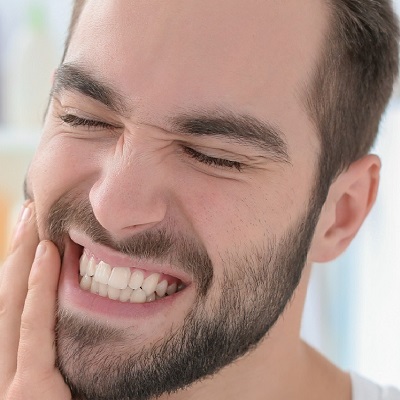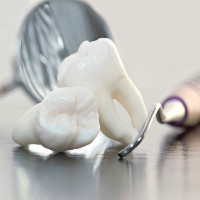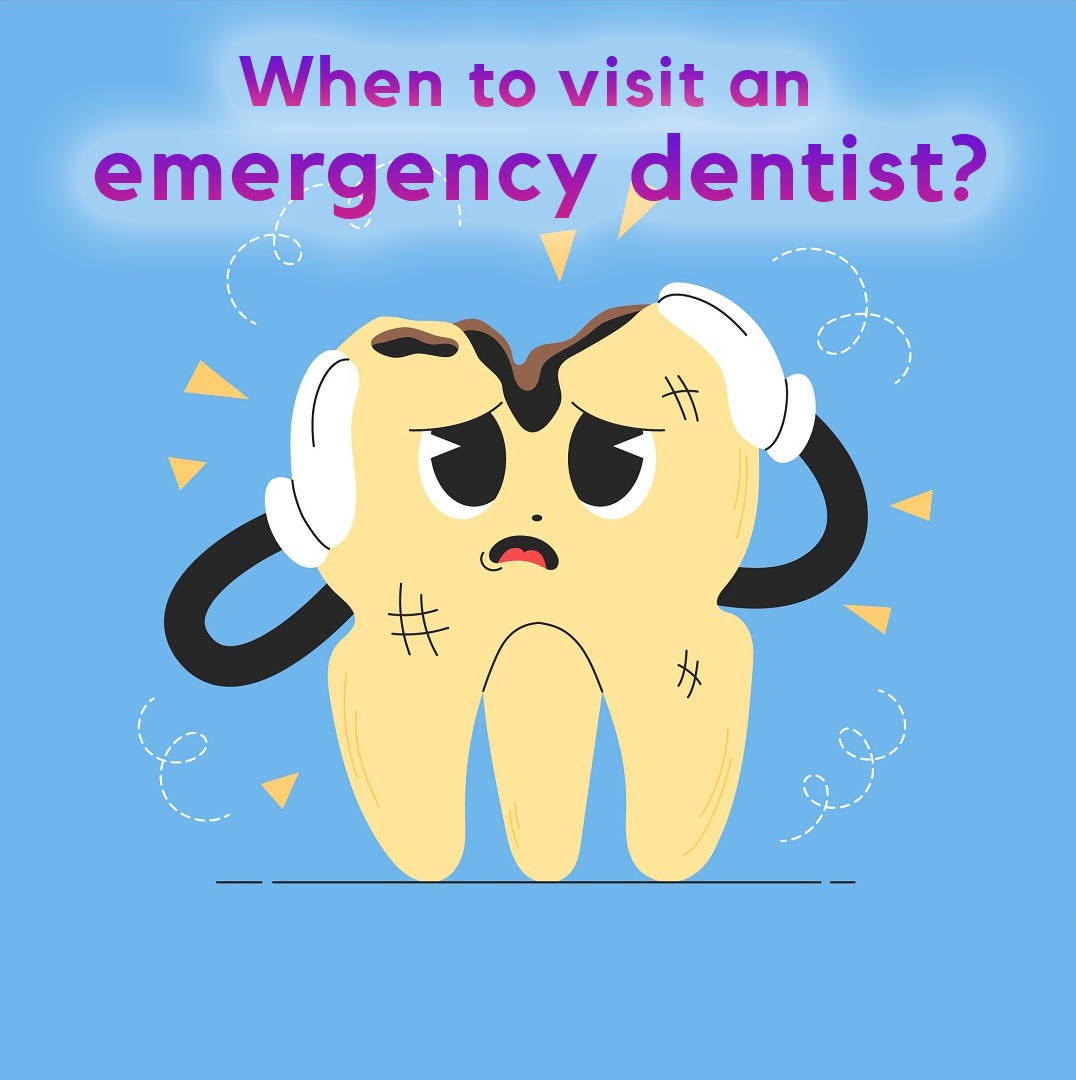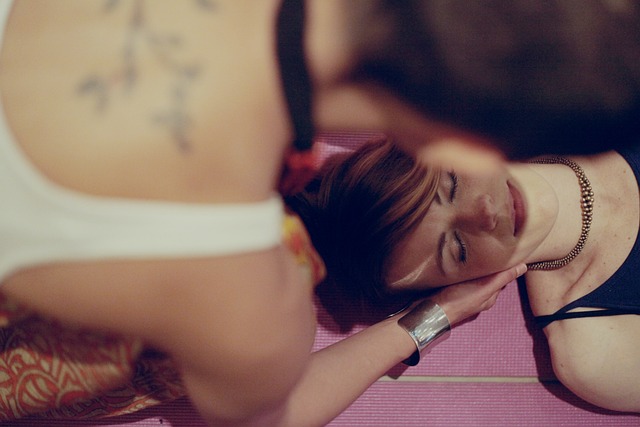The Impact of Teeth Grinding on Facial Structure: Dubai’s Perspective

Strong 8k brings an ultra-HD IPTV experience to your living room and your pocket.
Teeth grinding, or bruxism, is not only a concern for dental health but also has significant implications for facial structure. In Dubai, where appearance is often prioritized, understanding the effects of Teeth Grinding on the face has become essential. The repetitive pressure and muscle tension caused by bruxism can alter facial aesthetics, contributing to changes in jaw shape, facial symmetry, and skin texture. In addition to the impact on appearance, prolonged grinding can lead to pain and functional issues, which many residents are now seeking to prevent or manage through professional care and lifestyle adjustments.
How Teeth Grinding Affects Jaw Muscles:
Muscle Hypertrophy and Jawline Changes:
One of the primary ways teeth grinding influences facial structure is through muscle hypertrophy, particularly in the masseter muscles, which are responsible for chewing. Constant grinding causes these muscles to grow larger over time, creating a more pronounced or square jawline. While a defined jawline may be desirable, excessive hypertrophy can make the lower face appear bulky or disproportionate, especially for individuals who naturally have softer facial contours.
Facial Asymmetry Due to Uneven Grinding:
In cases where teeth grinding is uneven—meaning one side of the mouth grinds more than the other—facial asymmetry can develop. This imbalance can make one side of the face look larger or more muscular than the other. For those in Dubai who are conscious about their appearance, this asymmetry is often a motivation to seek treatment for bruxism before the changes become too noticeable.
Impact on the Temporomandibular Joint (TMJ) and Surrounding Structures:
TMJ Pain and Facial Discomfort:
The temporomandibular joint (TMJ) plays a crucial role in connecting the jawbone to the skull and enabling smooth jaw movement. Teeth grinding exerts constant pressure on the TMJ, leading to joint inflammation, pain, and dysfunction. Many people with bruxism experience TMJ-related pain that radiates through the face, neck, and ears, affecting not only their facial structure but also overall comfort and function.
Altered Jaw Position and Bite Alignment:
Prolonged bruxism can gradually shift the alignment of the teeth and jaw, leading to a change in bite. When the bite is altered, it forces the lower jaw into an unnatural position, which can exacerbate TMJ issues and contribute to further facial changes. In Dubai, dentists often address bite misalignment in patients with bruxism to prevent the condition from worsening and to help preserve natural facial contours.
Skin Texture and Facial Wrinkles from Teeth Grinding:
Stress on Skin and Increased Wrinkles:
Teeth grinding puts pressure on the skin, especially around the jawline, mouth, and chin. Over time, this can lead to the formation of fine lines and wrinkles due to the constant muscle contractions involved in bruxism. In Dubai, where skincare and anti-aging are highly valued, preventing the skin changes associated with bruxism has become a priority, especially for those looking to maintain a youthful appearance.
Premature Aging Around the Mouth:
The repetitive clenching motion also contributes to premature aging around the mouth, as it weakens the underlying facial muscles and tissues that support the skin. Individuals who grind their teeth often develop "marionette lines," or vertical lines that run from the corners of the mouth down toward the chin. Addressing teeth grinding early can help prevent the development of these lines, preserving a more youthful look.
Effects on Overall Facial Symmetry and Balance:
Jaw and Cheekbone Alignment:
The repetitive tension caused by teeth grinding not only affects the jaw but can also have subtle impacts on other facial features, such as the cheekbones. Chronic bruxism can cause muscular imbalances that pull the facial structure into slight misalignment, disrupting the harmony and balance of the face. This shift may affect the symmetry that many people in Dubai aim to maintain through cosmetic treatments and skincare.
Changes in Facial Contour:
In extreme cases, prolonged grinding can lead to an altered facial contour, particularly around the lower half of the face. Individuals with severe bruxism often notice a broader or more angular appearance in the jawline, which can change the overall contour of the face. For those looking for a softer or more balanced facial appearance, preventing and treating bruxism becomes essential.
Holistic and Medical Approaches to Mitigate Facial Changes:
Muscle Relaxation Techniques:
A popular approach in Dubai is using muscle relaxation techniques to counter the effects of teeth grinding on the facial muscles. Practices such as meditation, deep breathing, and progressive muscle relaxation can help relieve tension in the jaw muscles, reducing the intensity of grinding. Many wellness centers in Dubai now offer specialized relaxation classes aimed at addressing stress-related habits like bruxism.
Botulinum Toxin (Botox) for Muscle Reduction:
For individuals seeking a more immediate solution to bruxism-related facial changes, Botox injections in the masseter muscles are a popular treatment in Dubai. By temporarily relaxing these muscles, Botox can reduce hypertrophy and prevent further enlargement, resulting in a softer jawline. This minimally invasive treatment has become increasingly common in cosmetic clinics, offering individuals a way to manage the aesthetic effects of teeth grinding while preserving their natural facial structure.
Preventive Dental Care to Minimize Bruxism:
Custom-Fitted Mouthguards for Nighttime Grinding:
One of the most recommended treatments for teeth grinding is the use of a custom-fitted mouthguard. These devices protect the teeth from damage and reduce pressure on the jaw during sleep. Custom mouthguards are tailored to fit each patient’s mouth, providing maximum comfort and efficacy in preventing further grinding. Many dental clinics in Dubai specialize in creating personalized mouthguards for patients with bruxism, helping them protect their teeth and facial structure.
Regular Dental Check-Ups and Monitoring:
Regular visits to the dentist are essential for anyone who grinds their teeth. Dentists can monitor the condition of the teeth and jaw, noting any changes that may indicate worsening bruxism. In Dubai, many clinics offer comprehensive care for individuals with bruxism, providing guidance on lifestyle changes and preventive measures to protect facial aesthetics and dental health.
Lifestyle Adjustments for Long-Term Management:
Reducing Stress Through Exercise and Wellness Activities:
Since stress is a major contributor to teeth grinding, adopting a stress-reducing lifestyle can significantly reduce the risk of bruxism. Many residents in Dubai have incorporated exercise, yoga, and wellness activities into their routines to help manage stress effectively. Reducing stress not only helps prevent teeth grinding but also promotes better overall health and a balanced lifestyle.
Sleep Hygiene and Teeth Grinding Prevention:
Proper sleep hygiene plays a critical role in preventing teeth grinding, especially for those who experience bruxism during sleep. Avoiding caffeine and heavy meals before bedtime, maintaining a consistent sleep schedule, and creating a relaxing sleep environment are effective strategies to reduce nighttime grinding. By addressing sleep quality, individuals can mitigate the risk of facial structure changes due to bruxism.
Conclusion: Maintaining Facial Health and Aesthetic Balance:
Teeth grinding has a profound impact on facial structure, affecting not only the jawline and symmetry but also skin texture and overall facial aesthetics. In Dubai, where appearance and facial symmetry are highly valued, many residents seek preventive care and holistic solutions to manage bruxism and its effects. Through a combination of professional treatments, lifestyle adjustments, and relaxation techniques, individuals can protect their facial structure and preserve a natural, balanced appearance.
Note: IndiBlogHub features both user-submitted and editorial content. We do not verify third-party contributions. Read our Disclaimer and Privacy Policyfor details.







